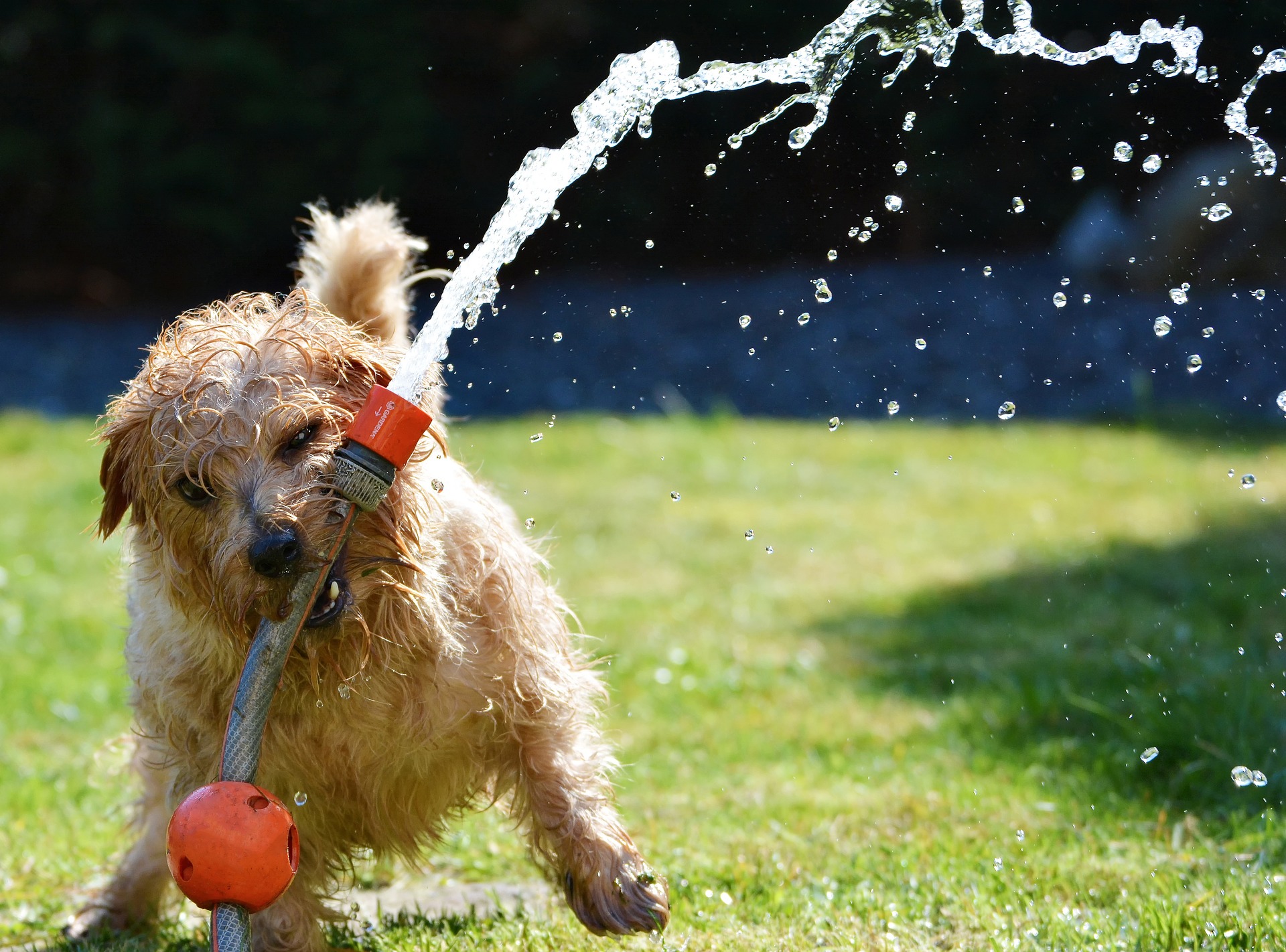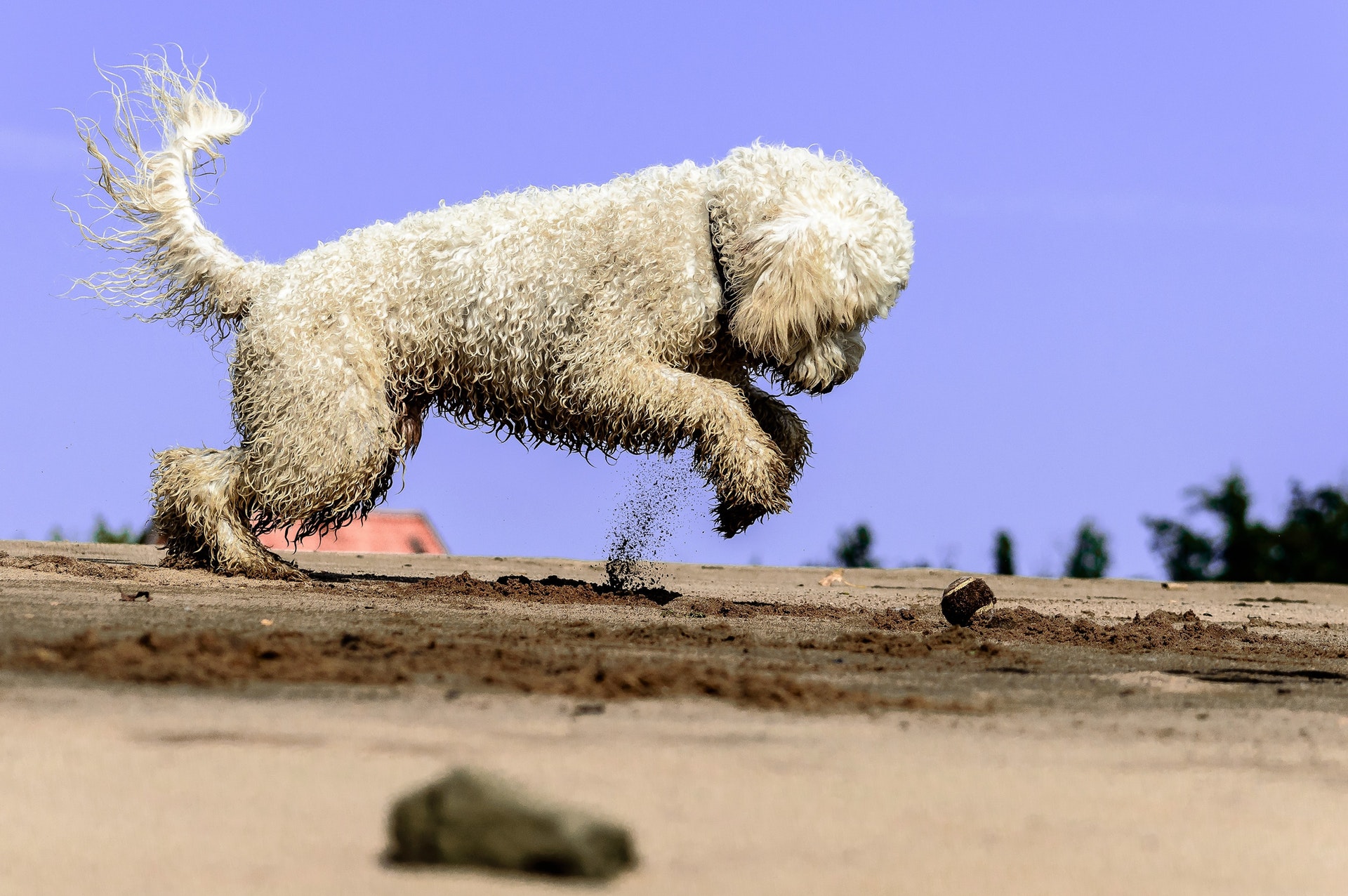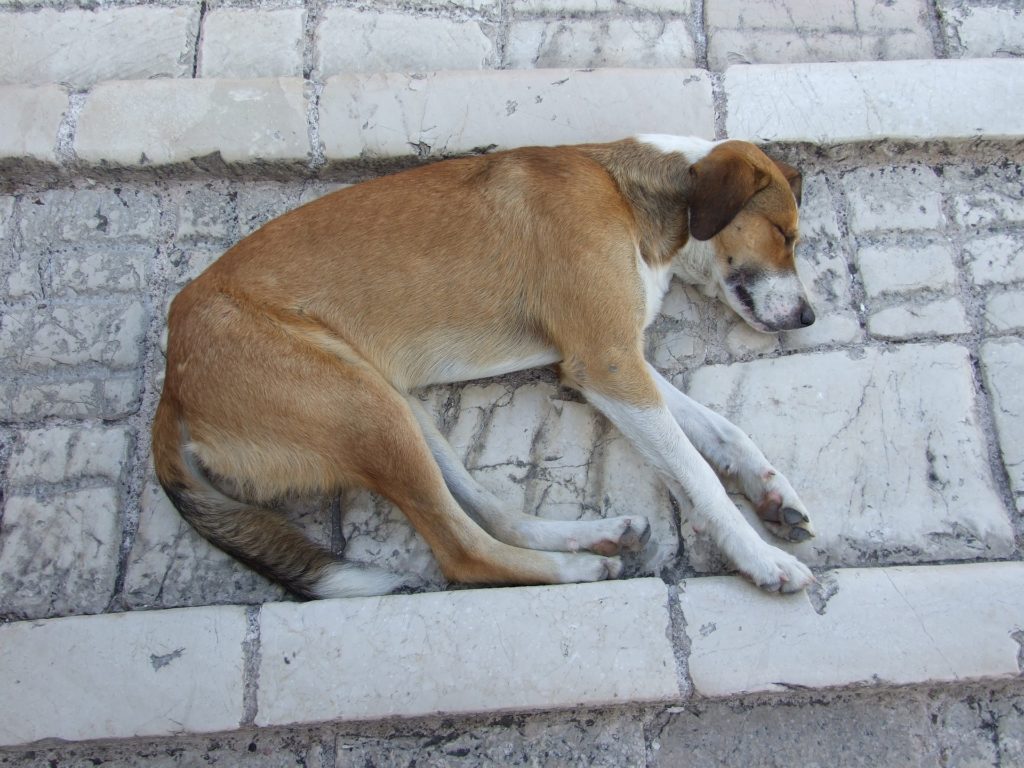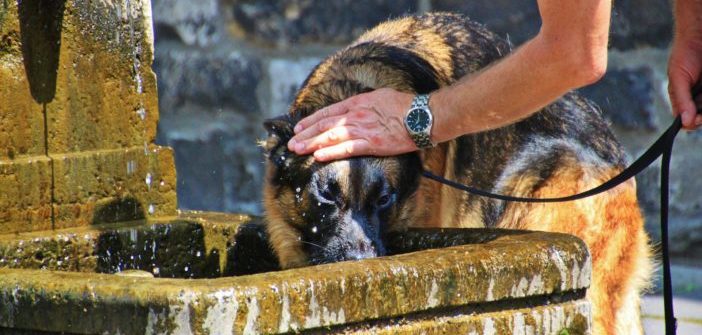It’s not only us who are enduring the unbearable heat nowadays. Many animals out there are also suffering from the relentless warmth and humidity and mind you, these little fellows can also experience heat stroke without us even knowing!
So if you’re wanting to take your pet outside (or maybe stay indoors), remember these tips to keep them happy and healthy this hot season.

1. Hydrate your pets. But remember: use a bowl that doesn’t get too warm even if put outdoors. Glass bowls have a tendency to break, while metal ones will get very hot and might injure your pet’s tongue.

2. As much as possible, don’t let your pets walk on asphalt, especially during the hottest times of the day (10am-4pm). Asphalt traps heat and pavements get baked under the sun, so however thick their paws may appear, the intense heat will hurt their feet.

3. We need to bring our pets out to play and exercise, but do these activities in the morning or late afternoons so that they’ll not exhaust their energy. In the case of an extremely hot day, you can opt for indoor games with toys.

4. Be on the lookout for symptoms of animal heat stroke. According to the International Center for Veterinary Services (ICVS), some easily identifiable symptoms of heatstroke are vomiting, difficulty breathing, rapid breathing, seizures, and inability to walk. When left untreated, animal heatstroke can cause complications to their organs, particularly the heart and lungs, and can also cause tissue damage and degeneration.

5. However cute animal clothing can be, it’s better to not dress them this season because clothes can retain external and body heat, especially when our little friends have thick fur. Aside from that, take note that animals with short snouts (like pit bulls) cannot dissipate heat effectively, so adding clothing will make them pant more.
We’re lucky here in Beijing because we don’t see many stray animals. But in the unlikely event that you see a stray, make sure to report it to ICVS so that they can tell the authorities to rescue these animals. Strays are usually feral, and however we want to help them stay cool during a warm spell, it’ll be dangerous as they might be carriers of diseases like rabies.
International Center for Veterinary Services
No. 13-16 Rong Ke Gan Lan Cheng Shang Jie, Fu Tong Xi Da Jie, Wangjing, Chaoyang District, 北京新天地国际动物医院, 北京市朝阳区望京阜通西大街融科橄榄城商街13-16号 (WeChat: ICVSCHINA, 8456-1939/1940, reception@ICVSASIA.com)
Photo: cocoparisienne,sevenpixx, DanielBrachlow, kubicekonderka, Kaz via Pixabay; Thach Tran via Pexels
